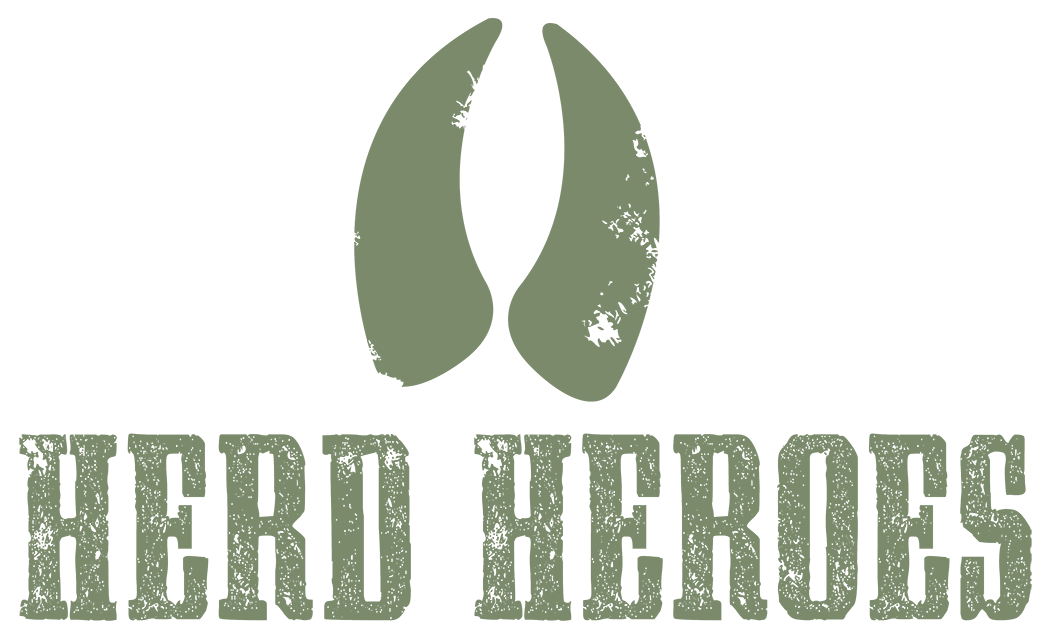Today I had the pleasure of interviewing Watson Douillard about his thoughts regarding President Trump's remarks and about Herd Heroes impact on the Haitian community. As an intellectual who pursued a college degree, Watson has had many opportunities to move to the United States and start a new. When asked why he stayed in Haiti he said, "70-80% of intellectuals decide to leave Haiti, but I want to be part of the change that contributes to the rebuilding of Haiti for the sake of future generations". Watson dedicates a lot of time to volunteer work to help improve his country. He teaches both English and Math in local schools, interprets and also teaches English on the radio with one of his good friends. Listeners call in and go though drills that help improve their language skills. Watson is passionate about helping his country and rebuilding it to be prosperous for the future generations to come.
In addition to all of his volunteer work, Watson is the Herd Heroes project manager who is overseeing the construction of the Animal Health Field Station, in L'Azile, which will house goats and other animals in times of need. This enclosure will be hurricane resistant and could save at least 10% of livestock by reducing the animals' exposure to inclement weather. It will also serve as a location to provide veterinary services for community animals. These animals provide income to the people of Haiti. When sold on the market, a healthy, strong, and mature goat can bring in about $120-$130. Families often use this money to pay off their children's school tuitions as Haiti's school system is comprised primarily of private schools run by nuns.
L'Azile is a locality in Haiti which has 4 primary schools. Once these kids move on from primary school, they have to walk 2 hours to attend high school. L'Azile also has very limited access to health care. The single health care center in the locality is run by another Boston non-profit organization called Circle of Hope. In cases of emergencies people need to be carried out on a stretcher until they reach a national road. In order to create a more efficient system, the people of Haiti need to develop a market in which they can sell their crops and livestock. As of now, most habitants grow what they need and sell the rest on the market, but once the market is flooded with crops and animals, their return yield ultimately decreases. In order to counteract this, Herd Heroes has partnered with another organization which will be buying goats from these farmers for a flat rate which will reduce the effect of excess supply on the market.
In addition to Watson's extracurricular activities, I asked about his thoughts on President Trump's recent comments, about Haiti in particular. Watson simply retorted that Trump's comment should be condemned but, also notes that the President does not speak for all Americans. He states, "Americans love people and they share the love and what they have with others". America and Haiti have always had a good relationship which has shown through all of the help from organizations and American based non-profits which have helped rebuild Haiti after natural disasters. To conclude the interview, Watson added, "Haiti is a treasure on Earth. Haiti is not a 'shit-hole'. The people here are so hospitable, the kids are loving and the country is beautiful". Watson's passion and vision are our call to action. Watson and Herd Heroes are working to preserve Haiti's beauty, people and livestock by providing veterinary care to animals in need and teaching people to provide this care.

